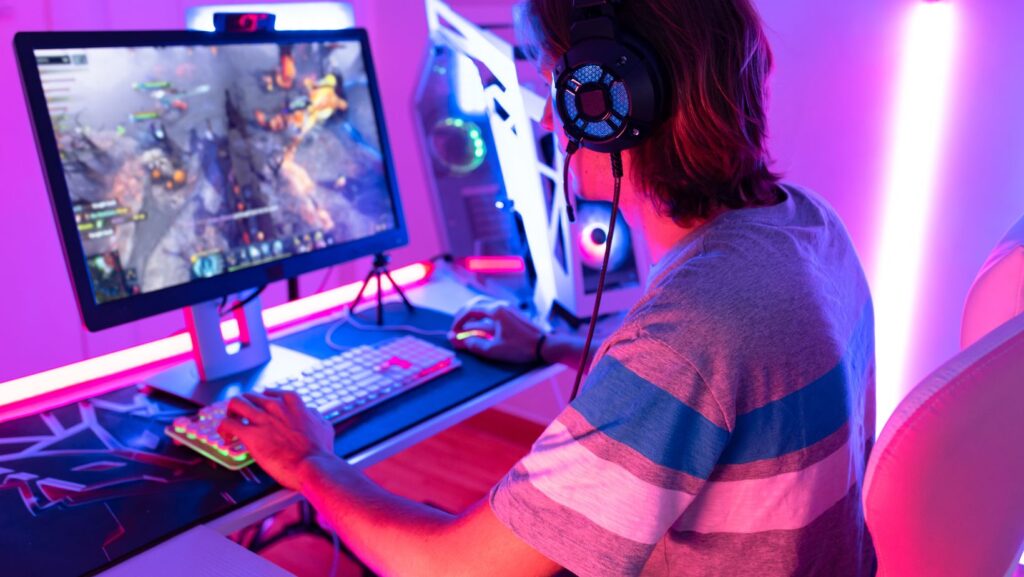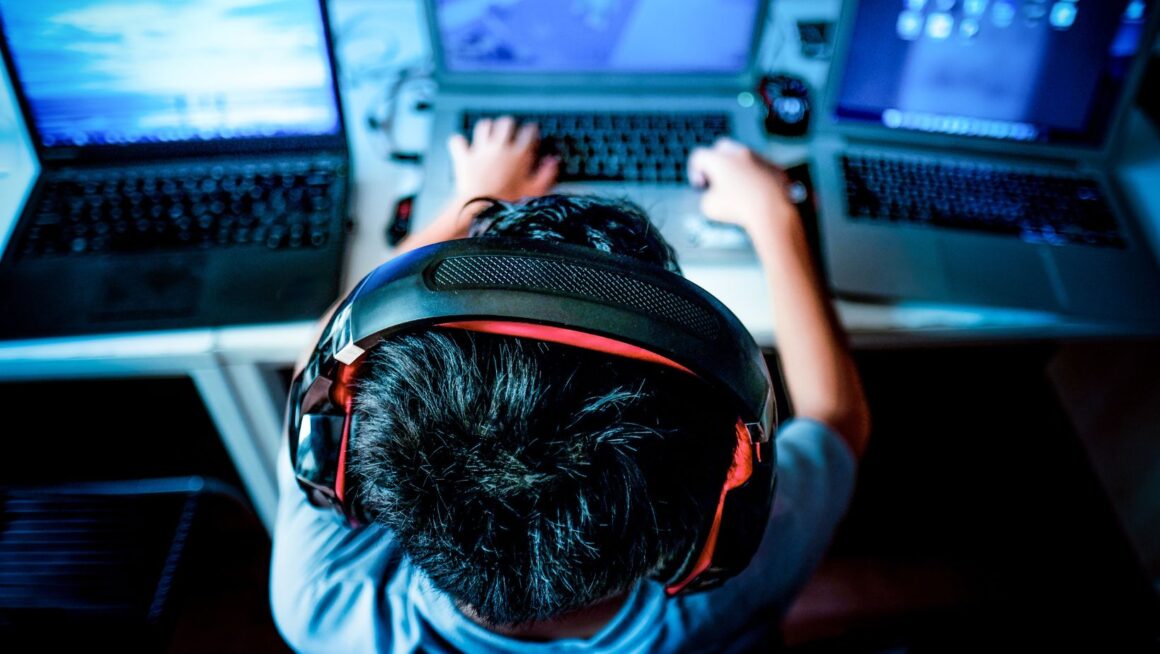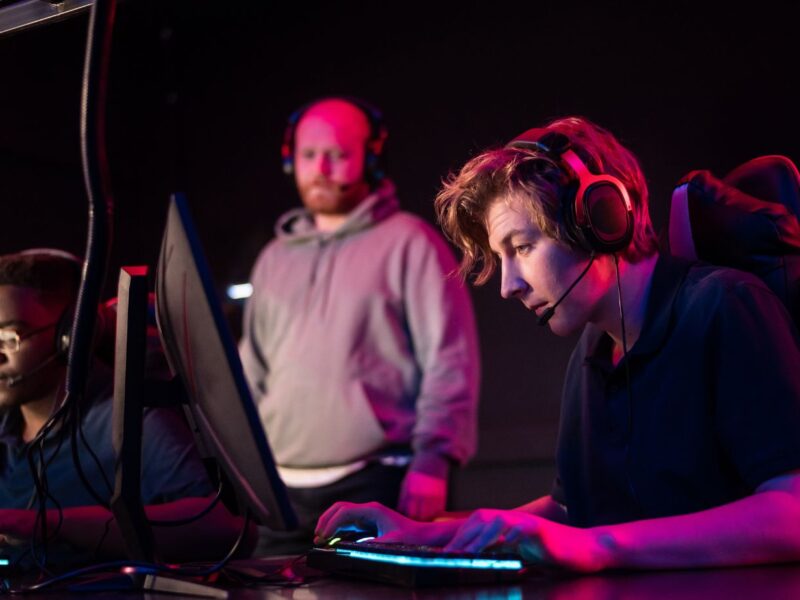Table of Contents
You like to play and make a few bets on Spinando — we hope you’re among those who do it just to relax.
If you ask any gamer why they play, most will give you a simple answer: to unwind. And that’s no coincidence — research shows that around 67% of players play mainly to relieve stress and relax. But how does this actually work? Why do we feel better after a few rounds of our favorite game? And what do psychologists say about it?
Games as a Way to Release Stress
After work or school, many of us feel exhausted — not just physically, but mentally. Our brains are overloaded, thoughts keep spinning, and it feels impossible to relax. That’s when many people turn on a game — and within minutes, they feel lighter.
Psychologists explain it quite clearly: games give us a sense of control and achievement. In real life, so many things depend on others — your boss, traffic, deadlines, endless chores. But in a game, it’s different. You decide what to do, where to go, and how to act. Every effort brings a visible result — a win, a new level, a rare item. That sense of progress and mastery creates satisfaction and confidence, helping to “reset” your emotions.
On top of that, games trigger the release of dopamine and endorphins — the so-called “happiness hormones.” They lower stress levels, lift your mood, and can even reduce anxiety. No wonder so many gamers say they feel calmer and happier after just an hour of play.
Research Confirms: Games Are a Form of Rest
The American organization Entertainment Software Association (ESA) has been studying player behavior for years. In one of its recent reports, it found that 67% of gamers play to relieve stress, and 63% play simply to unwind after a long day.
Interestingly, these numbers keep growing. The faster modern life gets, the more people turn to games as an accessible and safe way to relax. You don’t have to travel or spend money — just turn on a game, and you’re instantly in another world.
What Psychologists Are Saying
Experts in psychology and neuroscience around the world don’t see gaming as a problem — as long as it’s done in moderation. For instance, British psychologist Andrew Przybylski from Oxford University has conducted several studies showing that games can have a positive effect on mental well-being. They help people manage emotions and provide a sense of autonomy and competence — three key ingredients of psychological health.
American game designer and researcher Jane McGonigal, author of Reality Is Broken, takes this idea even further. She believes that games are a form of emotional therapy. When a person dives into a virtual world, their brain disconnects from real-life worries — not in a harmful way, but in a restorative one. Games let people experience “small victories,” which rebuild confidence and energy for everyday life.
How the “Reset” Actually Works
When we play, our focus shifts away from stressful thoughts toward something immediate: finishing a level, defeating an enemy, solving a puzzle. Psychologists call this state “flow,” a term coined by Mihály Csíkszentmihályi.
In flow, you’re completely immersed in the activity — time seems to stop, and inner worries fade away. This state has a deeply relaxing effect. In a way, it’s like meditation, but interactive.
When Games Stop Being Relaxing
Of course, not every game brings calm. Some genres — especially fast-paced or competitive ones — can increase stress instead of reducing it. Constant defeats in online shooters or toxic player behavior can quickly ruin the mood.
That’s why psychologists recommend choosing games that match your emotional state. Sometimes it’s better to go for a soothing, atmospheric game like Journey, Stardew Valley, or The Sims, rather than a tense multiplayer battle. The key is that the game should bring joy, not frustration.
The Bottom Line
Games are no longer just a hobby for teenagers. For millions of people around the world, they’re a legitimate way to relax, recharge, and escape daily pressure. And if playing helps you unwind, smile, or feel a bit more inspired — then it’s doing its job perfectly.
As psychologists like to say, balance is everything. A little time in a virtual world can make the real one feel much lighter — and a lot kinder.





